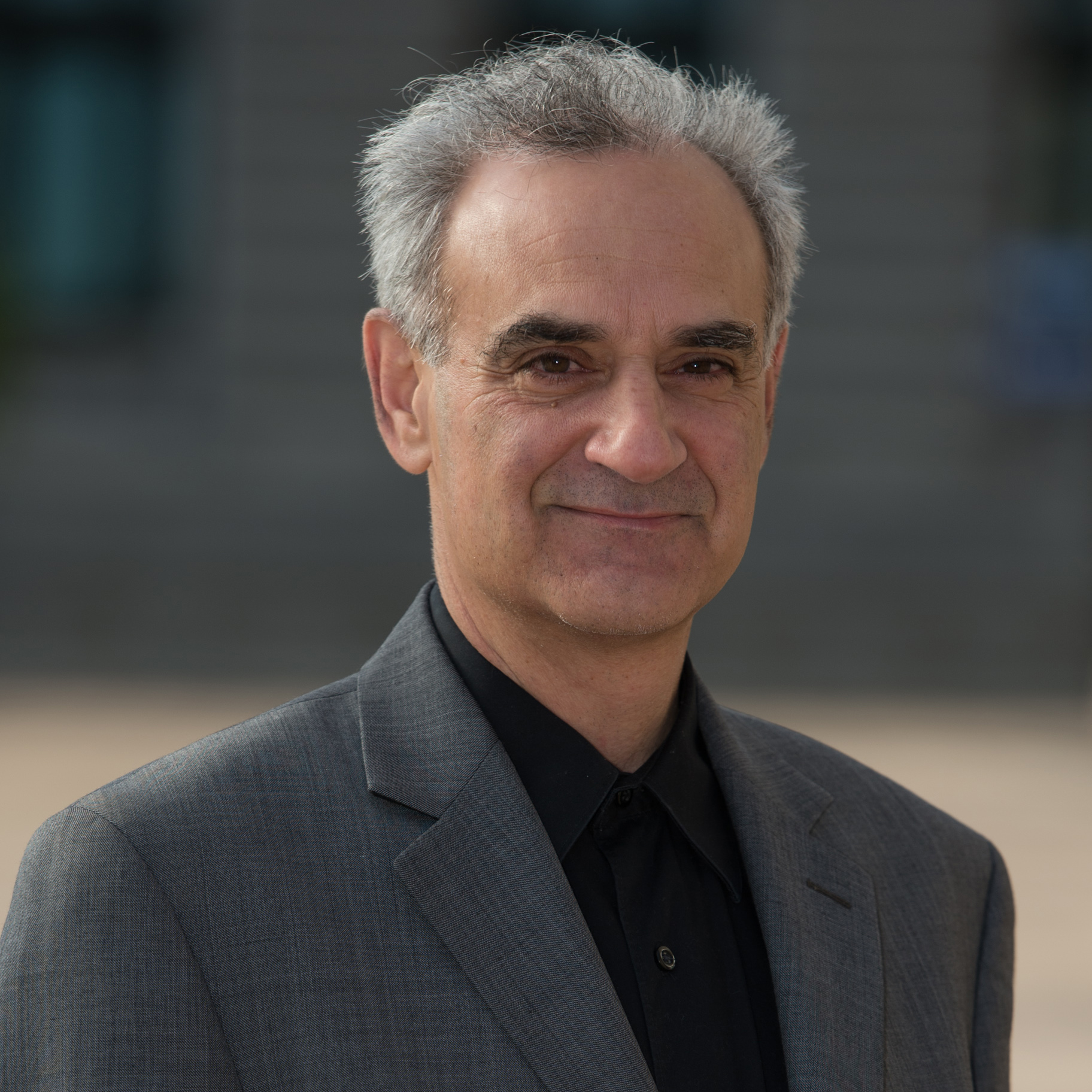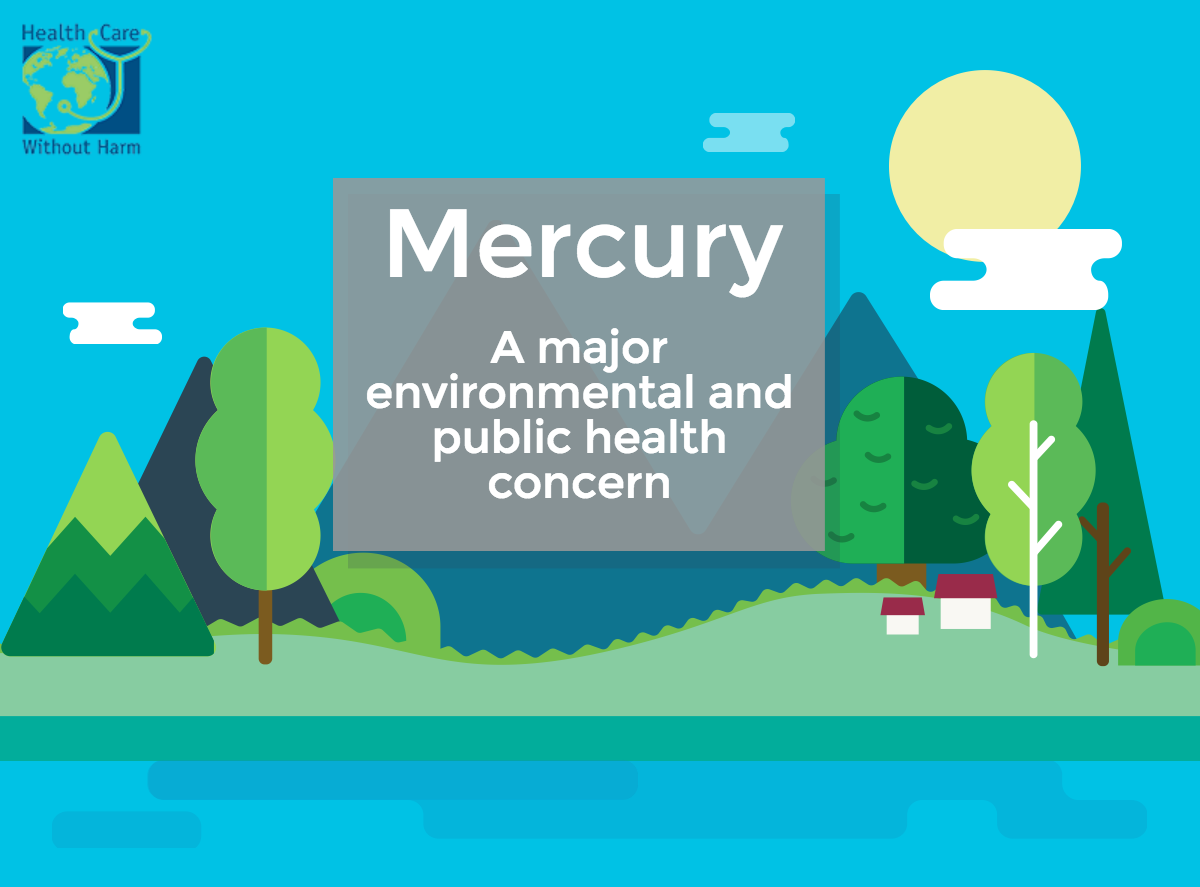An historic day: Minamata convention enters into force
Learn about Health Care Without Harm (HCWH)'s work leading up to the Minamata convention coming into force today with a short video. Health Care Without Harm (HCWH) Founder and President Gary Cohen considers the future challenges of implementation with a foreword by HCWH Europe Director Anja Leetz.
Today is a great day to celebrate: the UN Minamata Convention enters into force. The world community has come together to address the neurotoxin mercury and now we start to control and reduce human and environmental exposure. Although already signed in October 2013, the convention required at least 50 countries for ratification.
HCWH Europe, along with many other organisations, has been working to achieve change in the healthcare sector by educating the health community about viable alternatives to mercury-based thermometers, sphygmomanometers, and dental amalgam. In 2007 the EU parliament voted for a phase out of mercury thermometers, in 2012 MEPs also voted for the phase out of blood pressure devices and in 2017 a partial phase out of dental amalgam was achieved. Health systems are part of the global fight to reduce occupational hazards and patient exposure.
Learn more about Mercury with our infographic or visit our mercury resources page.
Today is also a sobering moment to recognise how slow our collective response to industrial pollution is. The Minamata disease was first caused by the release of methylmercury in industrial wastewater from a chemical company - first reported in 1956 . Locals around the Minamata Bay, Japan, were eating fish that had bioaccummulated mercury from waste-water released into the environment; consuming high levels of mercury in this way poisoned them and their children, and the devastating neurological effects became known as Minamata disease. The pollution and damage to health continued for many years until the company responsible and government finally took action.
We must protect humans and the environment from the neurotoxin mercury by reducing exposure wherever possible. HCWH Europe wants to continue working with European countries, the health sector, and the public to speed up the implementation of the Minamata convention through education and prevention of mercury exposure. This includes safe collection and storage of mercury based devices (including from people’s homes) and a reduction of mercury from other sources such as coal fire plants.
HCWH Europe will attend the first conference of the parties to the Minamata convention to be held from 24th - 29th September in Geneva, Switzerland.

Anja Leetz, Executive Director - HCWH Europe
Today is an historic day. The Minamata Convention on Mercury, a global treaty that will phase out mercury-based medical devices by 2020, enters into force.
Thanks to the tireless work of individuals and organizations around the world, today we celebrate a watershed moment in our global movement for environmental health and justice. Health Care Without Harm has played an important role in this achievement. Starting with one thermometer in one Boston hospital nearly 20 years ago, the mercury-free health care campaign has shown us that by holding ourselves to “do no harm” and by leveraging our collective influence, we can change the way the world thinks about the environment and our health.
There is still work to be done. Hospitals and health systems in many developing countries still need to phase out mercury-based medical devices before 2020. Meanwhile, coal-fired power plants remain the greatest source of mercury emissions in the United States and second greatest source worldwide. Using our success with mercury as a springboard, we need to now focus our efforts on expanding renewable energy, detoxing our supply chain, and examining the health impacts of our industrial footprint in the communities we serve so that health care can continue to lead society in understanding and solving ongoing global environmental health threats.
For nearly two decades, mercury represented our understanding of health care’s negative contribution to environmental health. Today, because of you, the entry into force of the Minamata Convention represents the change we can make together in creating an environmentally healthy and just world.

Gary Cohen, Founder and President - Health Care Without Harm
By supporting HCWH Europe, you directly contribute to making hospitals the healing environments that we all expect them to be. Consider supporting our work as we look ahead to implementing the phase-out of mercury and transforming healthcare worldwide so that it reduces its environmental footprint, becomes a community anchor for sustainability and a leader in the global movement for environmental health and justice.
or learn about other ways to support HCWH Europe here.

